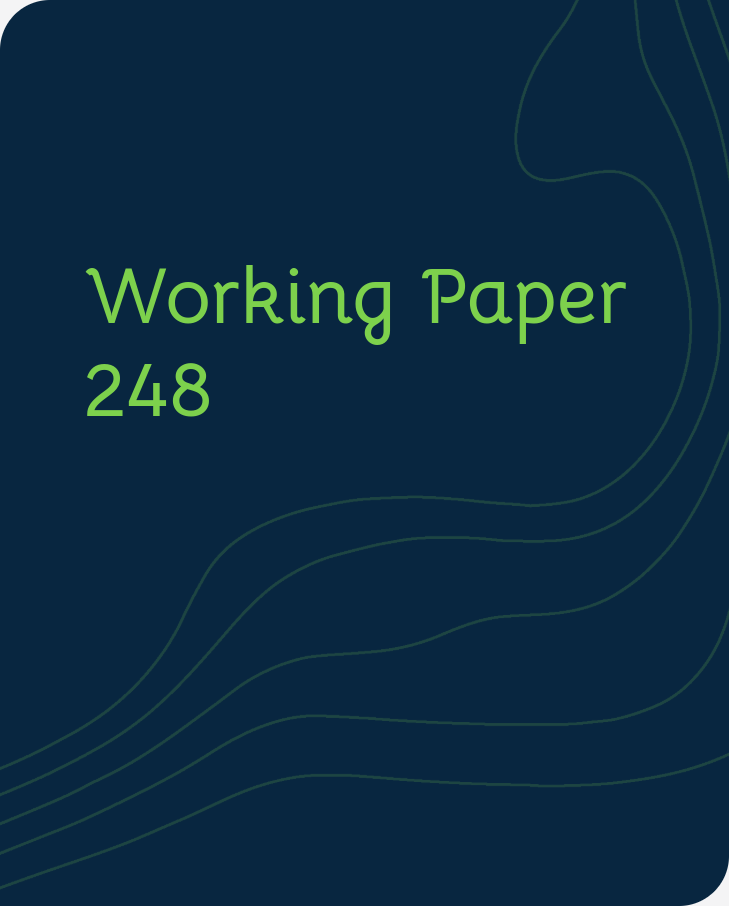Publication
Transition Report
Reform progress and transition indicators
Who we are
Overview: about the EBRDWho we are
Overview: about the EBRD
Learn about the EBRD's journey to investing more than €210 billion in over 7,500 projects.
What we do
Overview: how the EBRD operatesWhat we do
Overview: how the EBRD operates
Through projects, business services and involvement in high-level policy reform, we're doing more than ever before.
Work with us
Overview: how you can work with the EBRDWork with us
Overview: how you can work with the EBRD
We draw on three decades of regional knowledge and financial expertise to tailor our products and approaches to each client's needs.
November, 2020

By Fabian Reutzel
The linkage between income inequality and citizens’ support for democracy has widely been discussed in the literature (e.g. Acemoglu and Robinson, 2001; Andersen, 2012). However, drawing inequality can further be decomposed into two components drawing on the theory of inequality of opportunity (IOp) proposed by Roemer (1998). Inequality arising due to differences in effort is perceived as ”fair”, while inequality due to differences in circumstances (e.g. unequal starting conditions) is regarded as ”unfair”. Using multiple state-of-the-art estimation methods, comparable IOp measures for 27 former communist countries (”transition countries”) and 3 Western democracies are calculated. Incorporating these IOp measures into the individual-level attitude formation process reveals that higher levels of IOp correspond to higher levels of support for the concept of democracy while overall income inequality has no statistically significant effect. This observation can be rationalized by citizens regarding democracy as a means to achieve equality of opportunity rather than simply as a vehicle for redistribution.
For media enquiries related to this working paper, please contact Ksenia Yakustidi, Media Adviser at the EBRD’s Office of the Chief Economist
YakustiK@ebrd.com
All Working Papers
The Working Paper series seeks to stimulate debate on transition in the EBRD regions.
